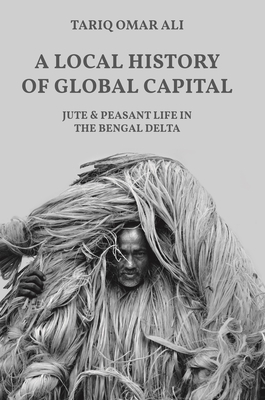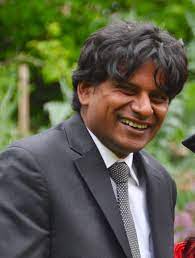

 Princeton University Press
Princeton University Press
A Local History of Global Capital: Jute and Peasant Life in the Bengal Delta


Key Metrics
- Tariq Omar Ali
- Princeton University Press
- Paperback
- 9780691202570
- 9.1 X 6.1 X 0.7 inches
- 0.3 pounds
- History > Asia - India & South Asia
- English
 Secure Transaction
Secure TransactionBook Description
Before the advent of synthetic fibers and cargo containers, jute sacks were the preferred packaging material of global trade, transporting the world's grain, cotton, sugar, tobacco, coffee, wool, guano, and bacon. Jute was the second-most widely consumed fiber in the world, after cotton. While the sack circulated globally, the plant was cultivated almost exclusively by peasant smallholders in a small corner of the world: the Bengal delta. This book examines how jute fibers entangled the delta's peasantry in the rhythms and vicissitudes of global capital.
Taking readers from the nineteenth-century high noon of the British Raj to the early years of post-partition Pakistan in the mid-twentieth century, Tariq Omar Ali traces how the global connections wrought by jute transformed every facet of peasant life: practices of work, leisure, domesticity, and sociality; ideas and discourses of justice, ethics, piety, and religiosity; and political commitments and actions. Ali examines how peasant life was structured and restructured with oscillations in global commodity markets, as the nineteenth-century period of peasant consumerism and prosperity gave way to debt and poverty in the twentieth century.
A Local History of Global Capital traces how jute bound the Bengal delta's peasantry to turbulent global capital, and how global commodity markets shaped everyday peasant life and determined the difference between prosperity and poverty, survival and starvation.
Author Bio
My research and teaching focus on nineteenth and twentieth century South Asia and global histories of capital. I am particularly interested in how the material and everyday lives of ordinary men and women are shaped by transnational circulations of commodities and capital.
I explored how global capitalism shaped peasant life and society in the Bengal delta during the late nineteenth and early twentieth century in my first book, A Local History of Global Capital: Jute and Peasant Life in the Bengal Delta, (Princeton University Press, 2018.
I am continuing this exploration in my current project, an examination of how decolonization, independence, and the rise of the nation-state restructured the working lives of peasants, boatmen, itinerant traders, and small businessmen in post-colonial East Pakistan (present-day Bangladesh) in the 1950s and 1960s.
Source: Georgetown University
Videos






Community reviews
Write a ReviewNo Community reviews